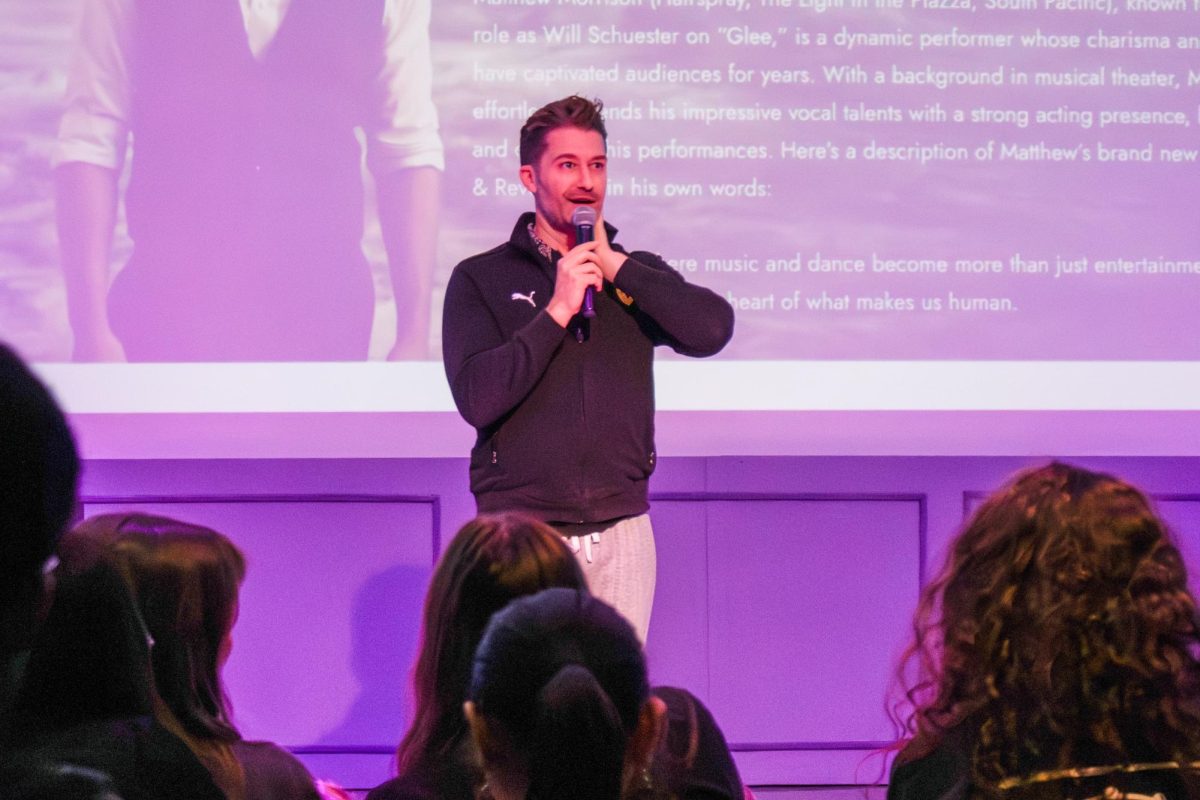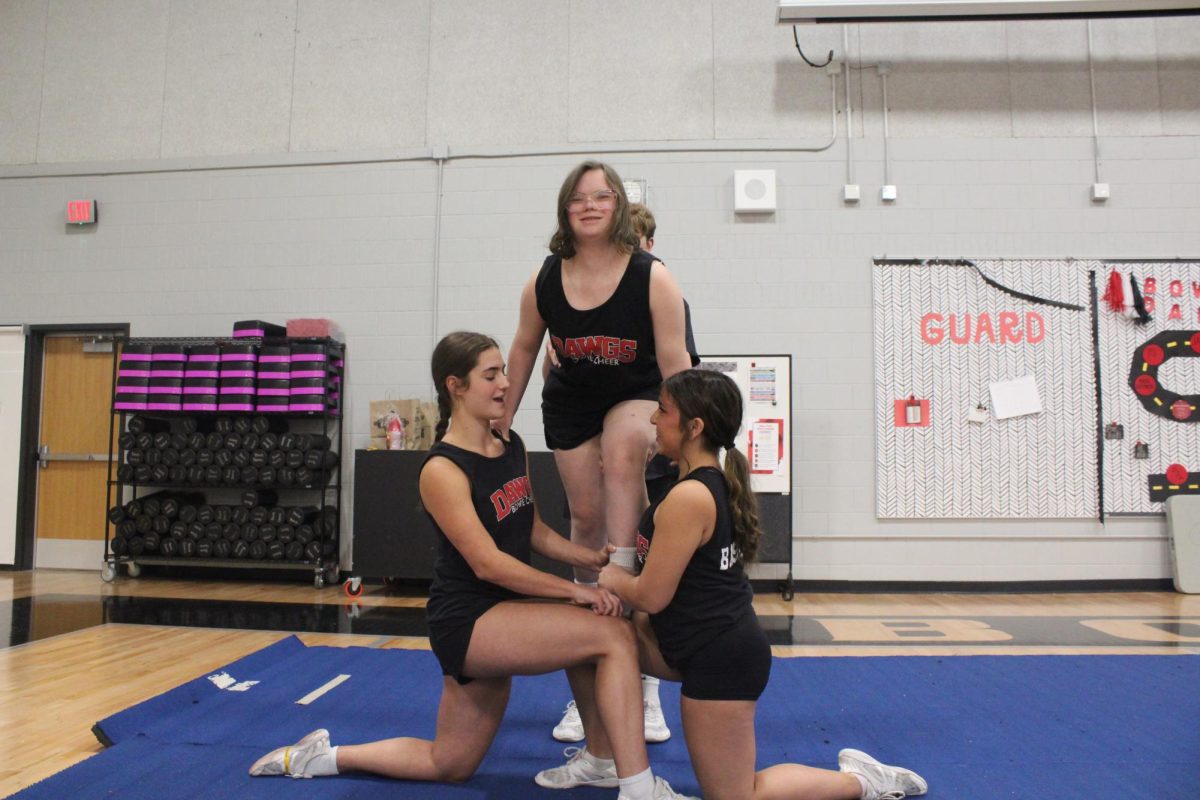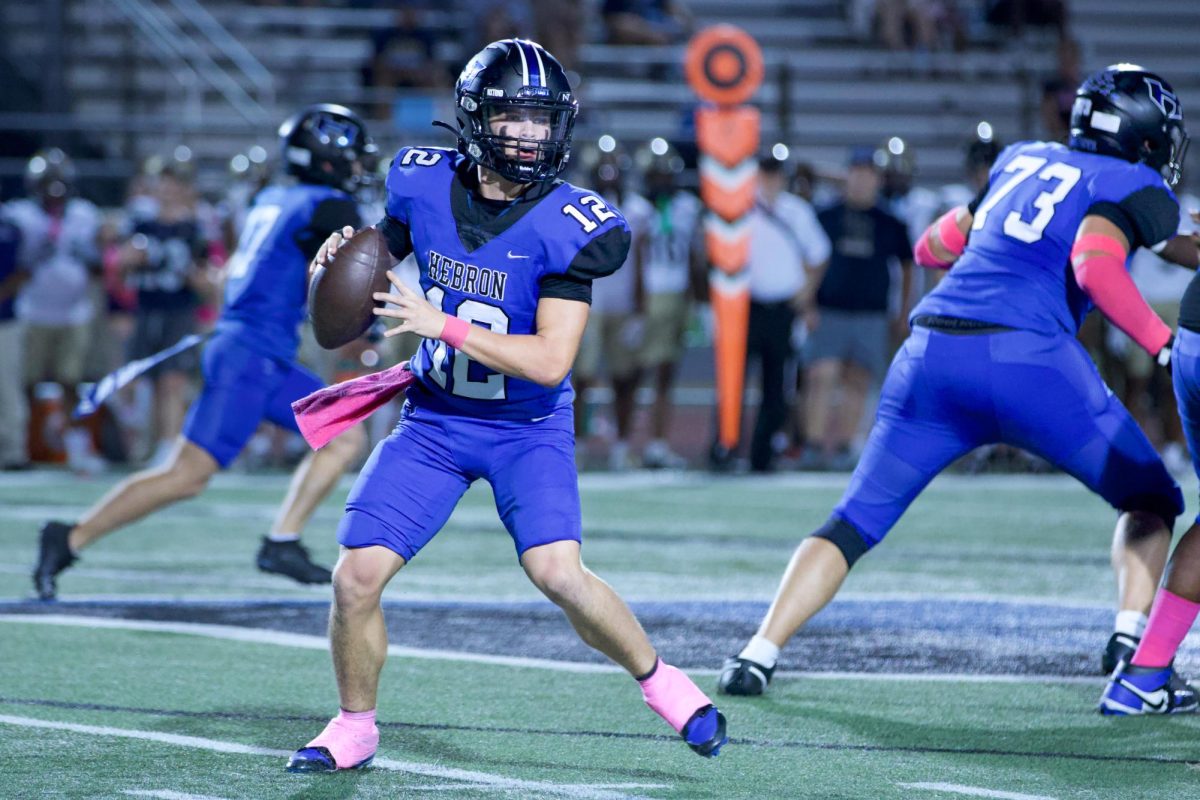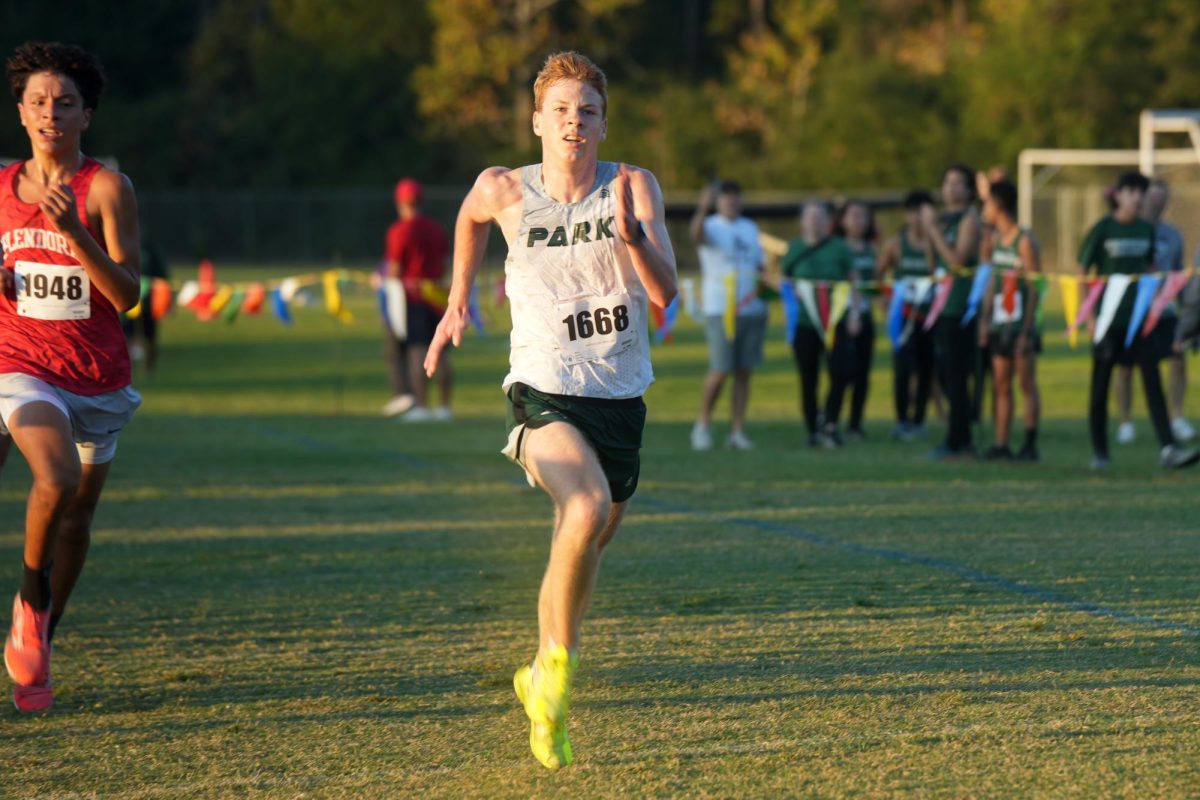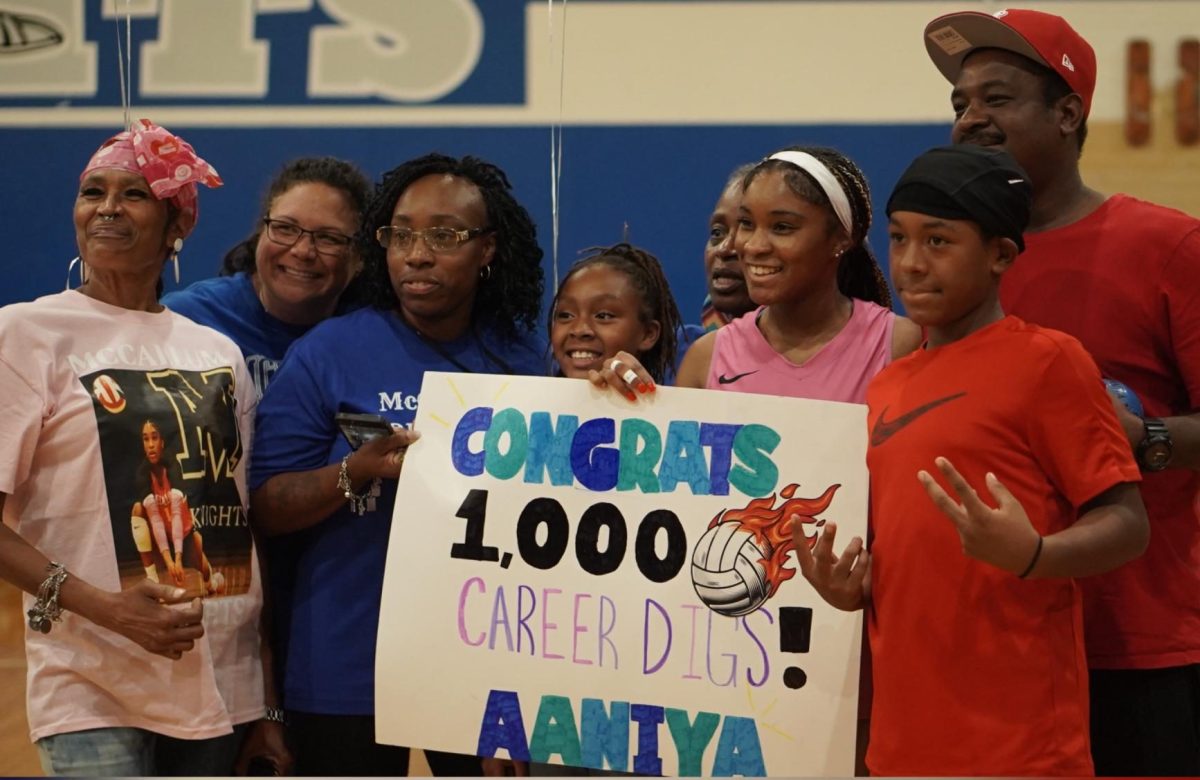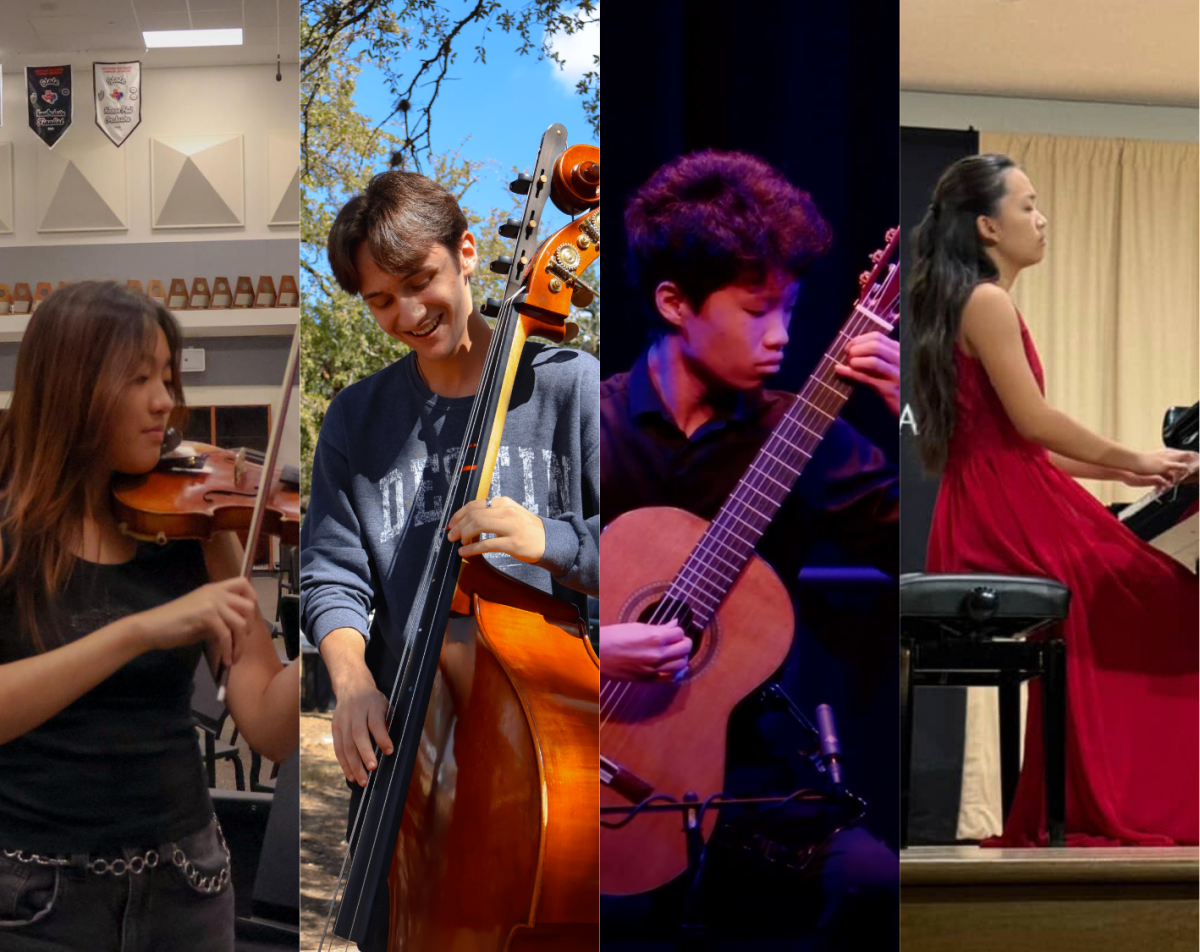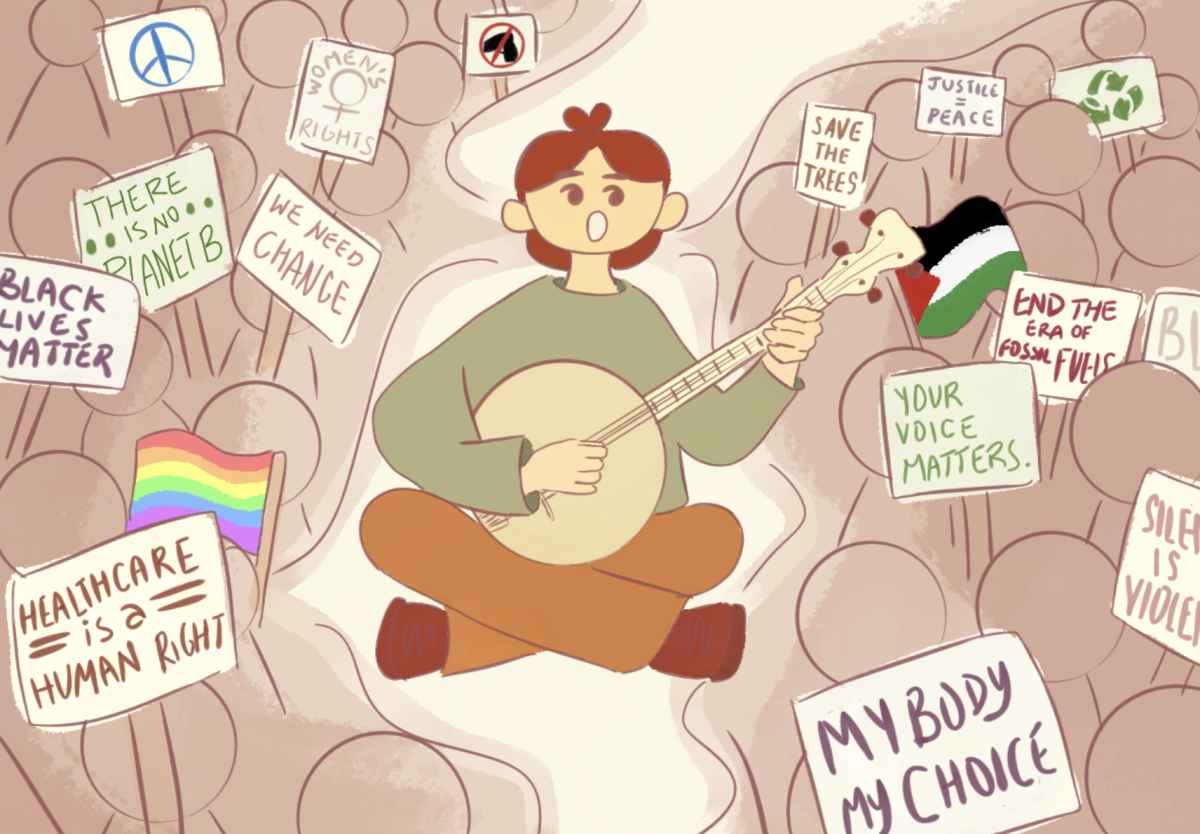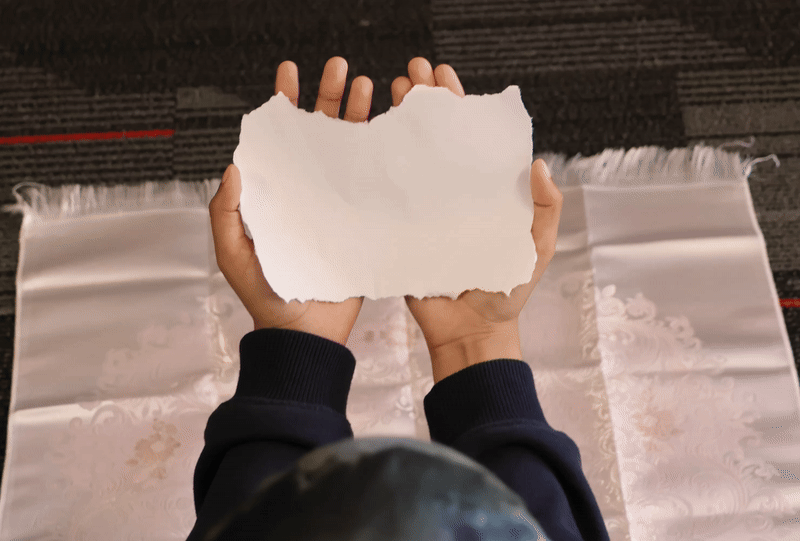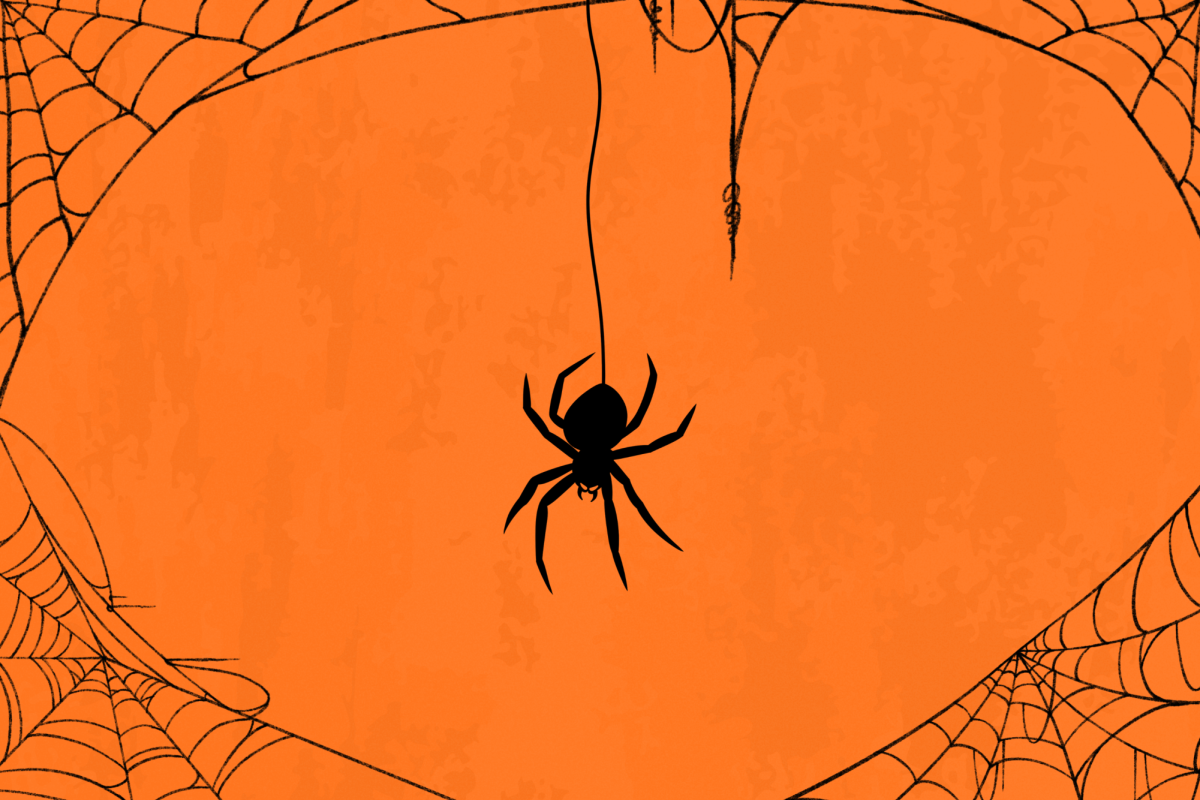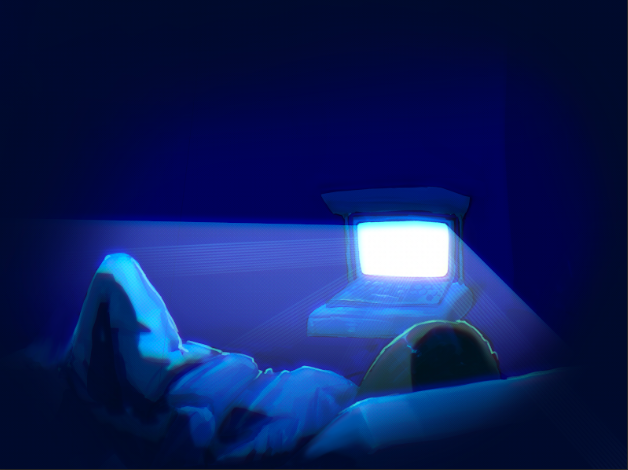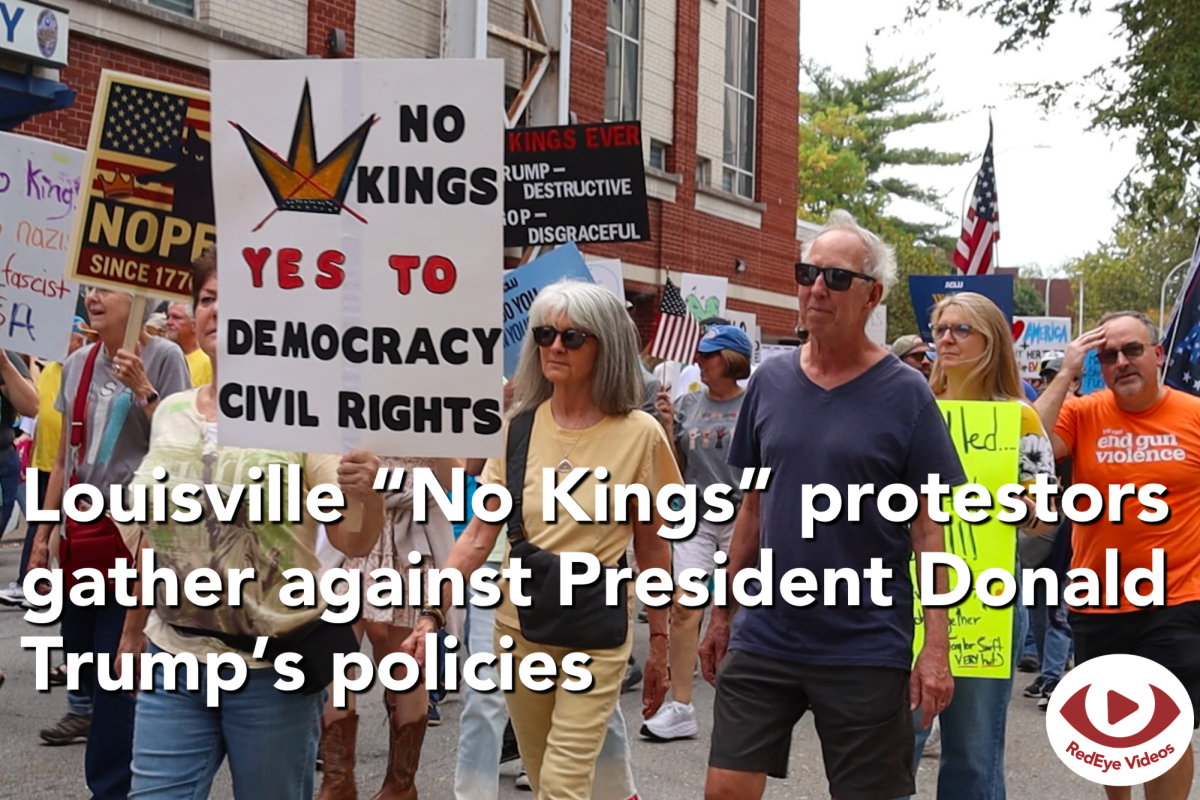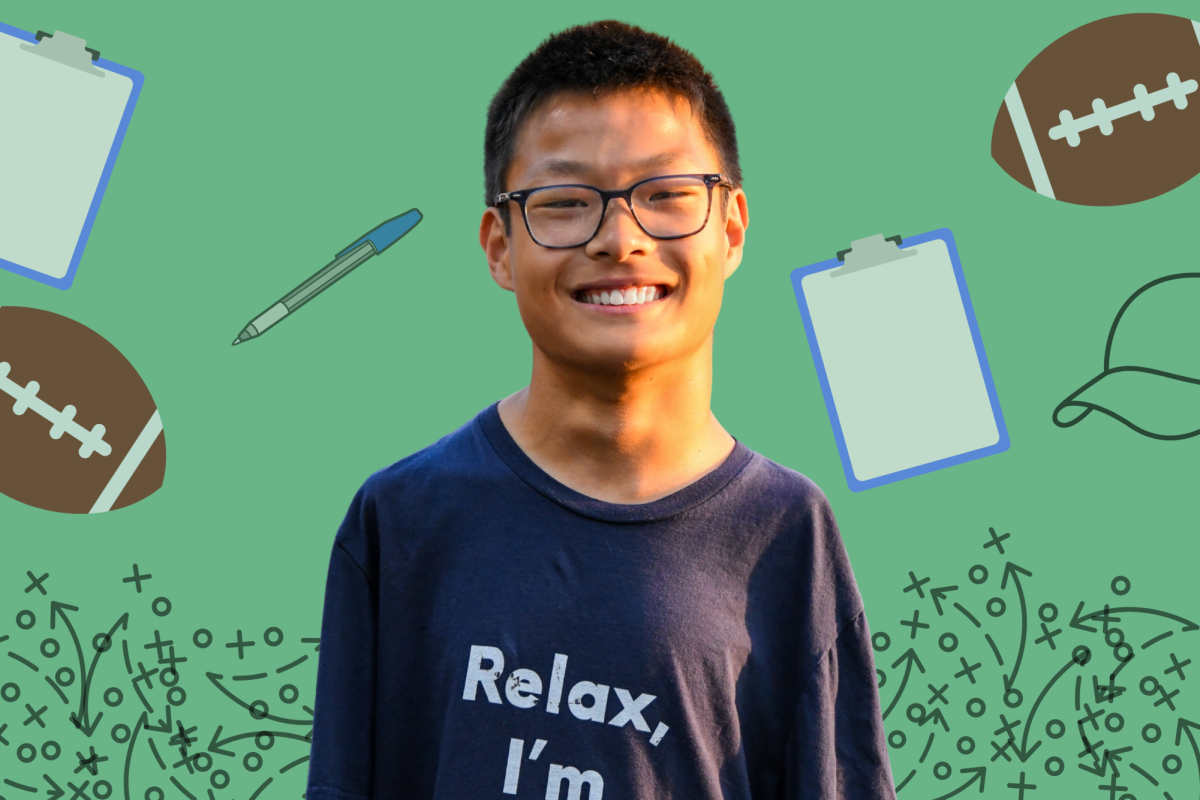It won’t happen to me.
It’s not even in my family.
Words that go through a lot of women’s mind when it comes to cancer.
Words that campus SPED Evaluation Clerk Regina Booth thought as well.

“It can happen to anyone. It doesn’t have to be something that is hereditary or genetic in your family?” Booth said. “I am the first in my family to have breast cancer. When I was diagnosed with breast cancer, I was diagnosed in January of 2023 and it was during the Christmas break.
So, as a single mom, I have two boys, so talking to my family about it was not an option. I am the leader in my family, so everything weighs on me. My family members are six hours away, and yeah, I could have talked to them, but it was hard for me to accept that I actually have breast cancer.”
For Booth, a single mother going through this journey, made her see how cancer can really affects others
“It affects, it affected my sons. Even though they didn’t go through cancer, but to see me, and to see how vulnerable I was, it affected them,” Booth said. “And so, it just made me realize that, you know, your mom might be going through it, but these kids that are coming to school, they’re actually having to deal with financial issues, or just the fact that they could lose their mom, or they could lose their dad to cancer.”
If there’s a silver lining to a cancer diagnosis, it could be finding out early like Booth did.
“A lot of people aren’t as blessed as I am to catch it that early,” Booth said. “I look back and I think how blessed I am, but it’s like, you know, I wish somebody would have really came up and talked to me about it, going, hey, you need to get this done. You need to go and have your yearly exam. And I just made it my journey of, I’m not holding back.”
There are many support groups out there. For Booth, finding a group of educators that have gone through a similar journey benefited her.
“One, one of the ladies, her name is Jessica and I worked with her at Fowler and she reached out to me and invited me to a group called, um, it’s the NBCF, National Breast Cancer Foundation,” Booth said. “It’s where educators that are going through, whether you’re going through it, or you know someone that’s going through it.”
Four months cancer free, Booth says it’s about making sure that people are aware and take care of your body
“As young people, we take it for granted that we’ll always be around. Oh, that will never happen to us,” Booth said. “But you know what? It can. Or it can happen to your best friend. Or it can happen to your mom, or your sister, or your aunt. Not just women, it can happen to men. And so it’s just being aware and taking care of that. So it’s not just for the girls, it’s for the guys too, for the males. Go and get checked. Go and have your checkup. It’s very important.”
This story was originally published on Wingspan on November 2, 2023.





